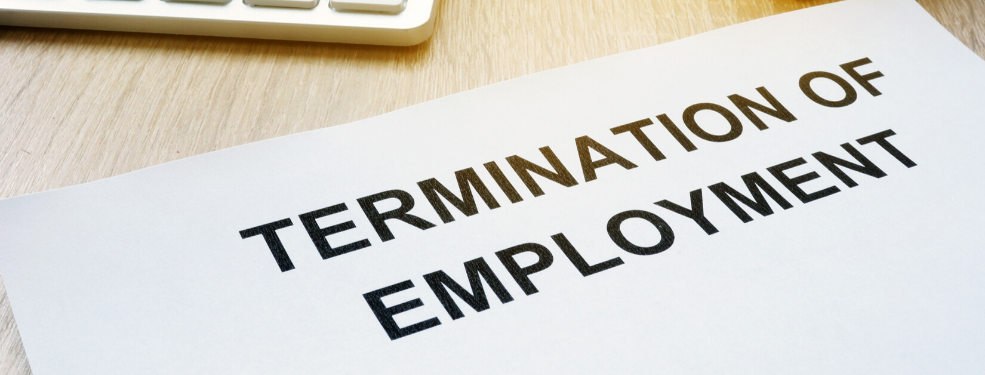With the spread of coronavirus, the government has announced school closures and for all employees to work from home if possible. However, the government recently published a full list of roles that they consider as ‘key workers’ who must still work during the spread of this virus.
Who are key workers?
Key workers are individuals whose duties are critical to public health and safety during the coronavirus lockdown. Because their work is so important, the government is keen to ensure that with as little interference as possible they are free to carry out their jobs. That includes being able to put their kids in school and use the appropriate transport connections.
Is my job at risk if I am not a key worker?
If you are employed, the Government has announced that if your company is forced to temporarily close due to coronavirus, they will pay your salary through the coronavirus work retention scheme. It will be available on the PAYE system for all and the employer will need to contact HMRC for payment. To apply, your employer may need to reassign your job status as a furlough. The plan would pay 80% of the wages of retained staff, up to £2,500 a month. Employers are encouraged to top up the remaining 20%.
What if I am made temporarily redundant?
A lot of employers, particularly those in the hospitality sector, have seen a significant drop in revenue. When employers are unable to retain workers given the availability of any financial assistance and accept temporary lay-off without compensation, employees must be mindful that employers have no right to position workers on unpaid lay-off without any clause in their employment contracts.
How can I stay productive while working at home?
If you work in a job where you can work from home, it may be difficult to complete work while juggling childcare and you may be distracted with other family members living under the same roof. However, it is important that you still fulfill your duties and workload at home. We would recommend sticking to a 9-5 work routine and dedicating a room you can use for a temporary office space. However, if you aren’t able to fulfil your duties, it may result in capability or disciplinary procedures.
What about childcare?
Employees who are unable to work because of childcare obligations can have the right to an emergency leave to care for dependents. This leave is unpaid, unless you have made a contractual provision that offers payment through written contracts or by tradition and practise. However, this is not supposed to be long-term, because while it might cover short-term school closures, it is not supposed to be the case here for long-term issues.
In the longer term though, staff can be entitled to parental leave. Again, parental leave is unpaid in this case unless the contracts or tradition and practices have done the opposite of a contractual term. Parental leave is limited in duration, too.
If you are a key worker, schools will remain open to look after your children Monday to Friday. For more information on this, contact your child’s school. If you are working from home, it is recommended that you give children school work or creative activities that they can take part in while you are working.
What if you are self employed?
If you are self-employed, the whole Covid-19 crisis can be and will be very stressful and uncertain for those who are self-employed. Our advice would be to make the most of a bad situation, start selling your products or services online, set up a website, start using social media regularly.
What if I am sick and can’t work?
If coronavirus means you are unable to work and you have paid enough National Insurance Contributions, you might be able to claim new style Employment and Support Allowance (ESA) if you are sick. The government has stated that you will now get paid from the first day of the claim, rather than after eight days.
Whether you and your family or spouse have savings of less than £16,000 you might also be entitled to Universal Credit if you need assistance with other children or housing costs.
What if I am made Redundant?
In the unlikely event you are made redundant, you should look into financial support. Your employer has to follow a proper redundancy procedure, too.
Because of the complexities of this crisis, constant changes in policy guidelines and assistance, along with the uncertainty of employment law – we would usually advise you to contact us about your own situation so that we can give you the best advice.
At McPartland & Sons, we are aware that this situation needs immediate consideration of both legal and practical consequences for your company in the short and long term, so please do not hesitate to visit our employment law page, or contact us if you require further information.

